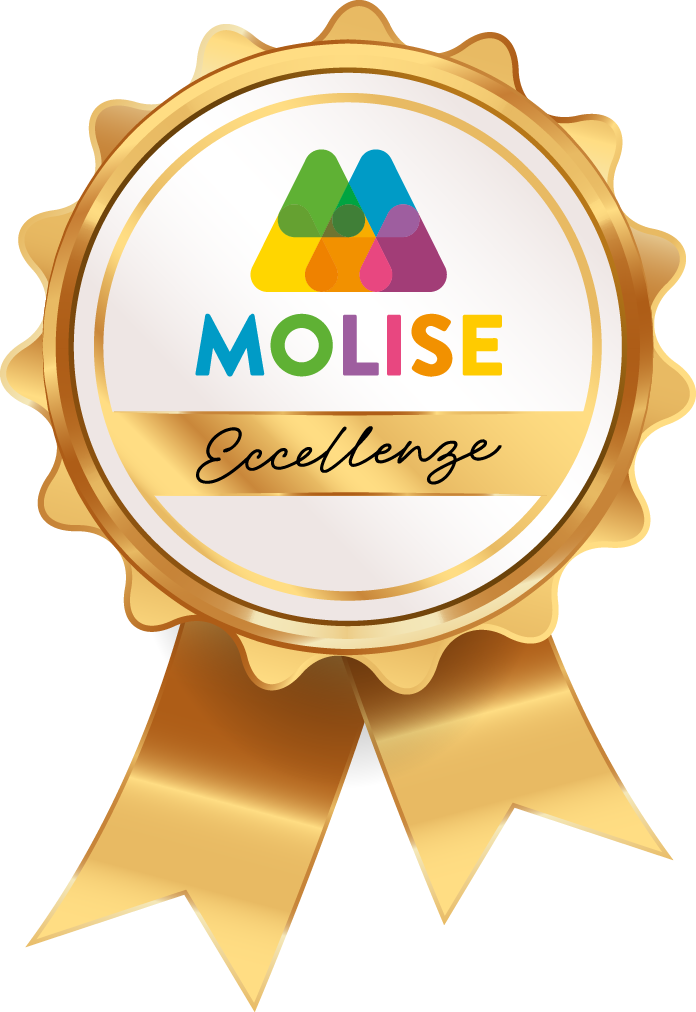Alcohol and Brain Fog: Symptoms and Treatment

Underage drinking increases the risk of anxiety, depression, and low self-esteem, which can affect the brain long-term. Heavy drinking may weaken parts of the brain that are responsible for cognitive function and emotion regulation. Adolescents are more susceptible to brain damage from alcohol use than adults.

Staying Healthy

Alcohol misuse damages the brain over time, which leads to dementia. While the exact cause of ALS is unknown, alcohol addiction is thought to be a major contributing factor. There are a number of things you can do to help reduce stress levels. If you are experiencing any of these symptoms, it is essential to speak to a medical professional. This is because hormones play a significant role in regulating mood, energy levels, and metabolism. Alcohol can act as a social lubricant and provide “liquid courage” for people who are anxious or shy, but do not rely on it too much.
- It is characterized by memory loss, confusion, and difficulty thinking clearly.
- The duration of brain fog after quitting alcohol varies from person to person.
- Lack of nutrients affects not just our physical body, but our cognitive abilities as well, such as our ability to process information and solve problems.
- Just like a plant needs water and sunlight to grow, your brain needs proper nutrition and hydration to function optimally and maintain healthy brain cells.
When Does Alcohol Withdrawal Brain Fog Go Away?
The impact of alcohol on neurotransmitters and brain chemistry can disrupt mood regulation and contribute to the development or worsening of these conditions. Pursuing cognitive behavioral therapy is one part of alcohol addiction treatment. Many people find staying in an inpatient facility helpful because they alcohol brain fog can avoid the places they used to drink in.
Spend time in nature
This cognitive impairment, characterized by mental confusion, poor concentration, and memory issues, can significantly impact daily functioning. Whether you’re transitioning into a sober life or trying to overcome the lingering effects of alcohol, understanding how to combat brain fog is crucial for reclaiming mental clarity and well-being. Therapy and counseling can help tackle the root causes of alcohol addiction and brain https://ecosoberhouse.com/article/the-6-stages-of-alcoholic-recovery-timeline/ fog. It can provide invaluable support by addressing underlying mental health issues and developing coping mechanisms to prevent relapse. It can also help manage symptoms of alcohol withdrawal, such as brain fog, for a more successful recovery journey.
Dementia
These resources can all be great tools for treating alcohol addiction and brain fog. High stress levels can cloud your mind, making it difficult to focus and think clearly. By managing stress through exercise, meditation, deep breathing, and journaling, you can clear the fog and enhance your mental clarity.

Free Healthbeat Signup
In addition to physical exercise, it’s also important to exercise your brain. Just make sure to start slowly if you’re not used to exercising and building up your stamina over time. Meal delivery services can also be a good option if you don’t have time to cook healthy meals. The authors also point out that variables they didn’t account for, such as genetics, physical activity, and people’s liver and lung health, could have affected their findings. Cortical thickening happened more slowly in some parts of the brains of people with AUD who also had high blood pressure or high cholesterol. A type of magnetic resonance imaging ( MRI) that’s particularly useful for getting clear pictures of the body’s internal structure was used to observe the participants’ brains.

Doing these exercises for just a few minutes can help get rid of brain fog and enhance your cognitive function. Alterations to brain structure and function during chronic alcohol use can make it tough for people to stop drinking, despite their best intentions. For instance, the prefrontal cortex – an area involved in planning and decision-making – may become less active, making it harder for people with AUD to make healthy decisions. We are an organisation with a history of providing effective treatment and support for individuals struggling with alcohol addiction and its complications. Our team of dedicated professionals is committed to helping people overcome their addiction and regain control of their lives. Alcohol can interfere with forming new memories, a process called memory consolidation.

It can vary from person to person depending on the duration and severity of alcohol abuse. Generally, several days to a week is a good rule of thumb when quitting alcohol. Alcohol and brain fog can vary but often include difficulties in concentration, memory, mental fatigue, and problems with decision-making. These symptoms impact your daily life, and can increase your risk of relapse. This impairment is closely linked to alcohol’s propensity to decelerate the central nervous system, culminating in diminished intercellular communication within the brain. This slowdown is a primary contributor to the onset of alcohol-induced brain fog, a condition characterized by mental clarity’s deterioration.





